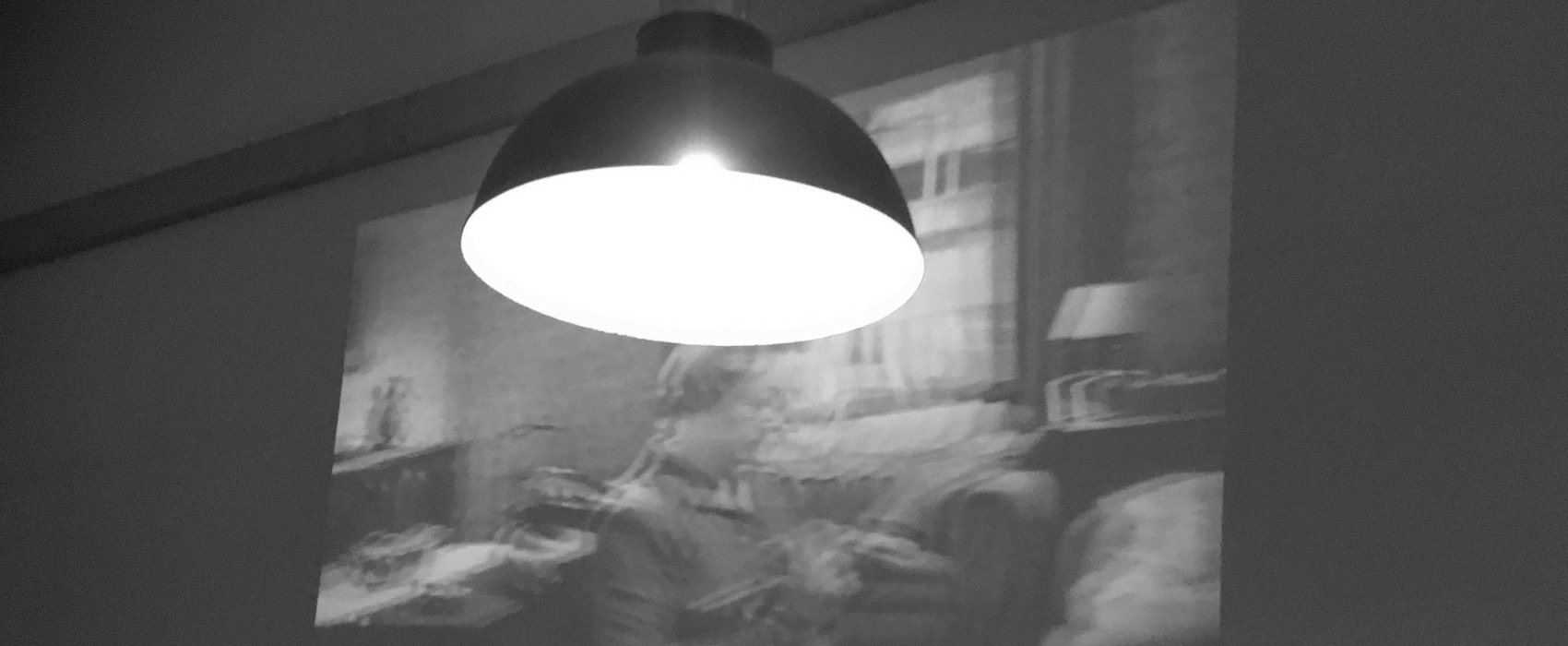A conversation about the refugee crisis shortly before Christmas has been on my mind in over these past few weeks, weaving in and out of all the complex emotions I’ve felt to do with missing Mark as well as a growing sense that it’s time to re-engage with the world… It was after breakfast at the Chiltern Fire Station and a short spell of shopping that Lou and I began talking about the refugees, about what she had seen during a two-day trip to the make shift and desperate camp at Calais. The underlying question to the grabbed conversation as we drove to Covent Garden can be summed up as ‘How should we respond?’ It was left hanging as we got caught up in Christmas and New Year – one to be returned to no doubt, but a question that also seems impossible to answer. The refugees who are fleeing Syria, Iraq, Libya, Afghanistan and elsewhere for Europe are part of a crisis that our leaders appear unable to tackle effectively. Their habitual adherence to political manoeuvres and short-term, self-interested actions seems to mitigate against decision making of the calibre that’s needed.
There have been fresh twists to the crisis since then, not least the allegations that migrants were responsible for hundreds of sexual assaults on women in Germany. Sitting in a cafe in Lancaster thinking about the impact those allegations have, and will have, on the debate, I think back to the publication of the photograph of Aylan Kurdi, the three-year-old Syrian boy whose body was discovered on the beach in Turkey has been cited as an event that has changed history.
The refugee crisis seems to point to the constant gap that exists between our lives and world events – often the information and images we see daily provoke not only the feeling that something should be be done, but also despair that there is nothing we can do. During that pre-Christmas discussion, we talked about if it was best to just pitch in and help where we could, or should we be looking at the big picture, acting more strategically? The fear, as it has been argued in the case of food banks, is that stepping in might serve to emolliate the effects of unjust policies, but ultimately leaves them unchallenged. Yet is that justification for doing nothing? Doesn’t the example of the food banks show that it is because they got involved that those running the food banks have been able to develop knowledge, insight and ultimately, a voice?
People do respond, take action when they see things that disturb them – there are food kitchens and theatres set up in the camp to help people marooned there. Many German people actively sought to welcome refugees who arrived in the country last year, but the current climate, where the issue of refugees is becoming linked to terrorism and organised crime, the strength of those actions seems lost in all the counter arguments and strategies.
Over the past year, I’ve got used to the idea that the answers I had to life’s problems don’t fit this new situation I find myself in. Yet the realisation that I need to do more than just cope with pain is pushing me further on, provoking me to think more about what it is I need to do. It’s a difficult balance, acknowledging feelings of inadequacy or despair in the face of seemingly insurmountable problems, while avoiding falling into despair. Perhaps it is also important that we acknowledge the endless cycle of agitation about what can be done to help that we are caught in. If we pay attention to those emotions that such a crisis stirs up, be it fear or despair or helplessness might they help us find solutions?

Leave a Reply
You must be logged in to post a comment.